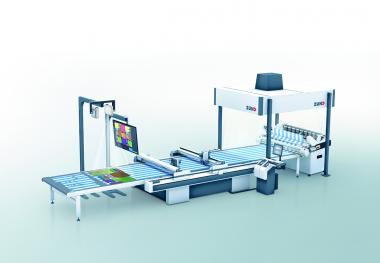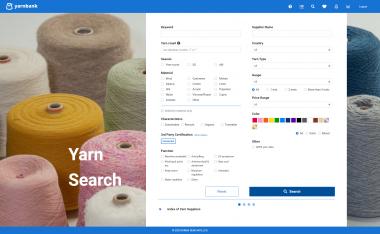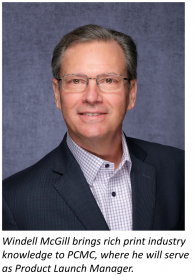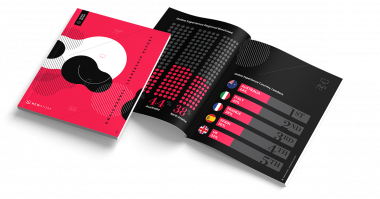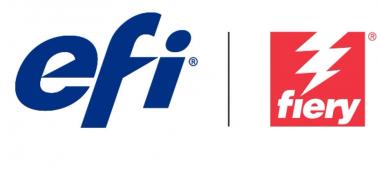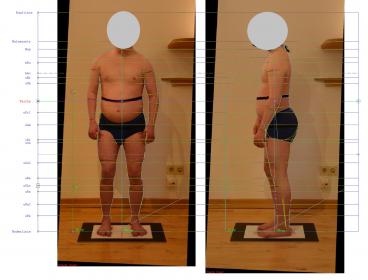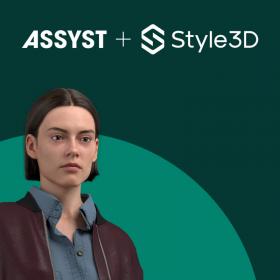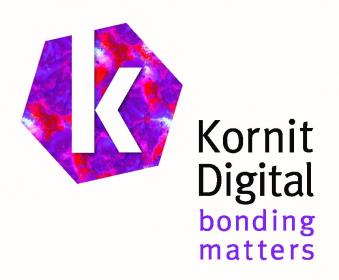Renewcell partners with TextileGenesis™ for Circulose® Pulp-to-Retail Transparency
After participating in industry trials, Renewcell and TextileGenesis™ have the intention to establish an agreement for full pulp-to-retail traceability for Renewcell’s CIRCULOSE® recycled raw material across the entire textile supply chain, announcing it at Challenge the Fabric (Milan, Italy).
Renewcell uses a patented process to breakdown and recycle cotton and other cellulosic textile waste, such as worn-out jeans and production scraps, to create CIRCULOSE®, a biodegradable raw material that can be used to create viscose, lyocell, modal, acetate and other man-made cellulosic fibers. These regenerated fibers are then spun into yarns, woven or knitted into fabrics before being cut and sewn into new high-quality textile products.
With TextileGenesis™, Renewcell will be able to share real-time digital traceability with its customers and supply chain partners.
- The platform uses digital tokens to ensure a secure chain of custody for all supply chain processes from raw materials to retail.
- The company’s “fiber-forwards” traceability captures real-time shipments; its Fibercoins™ digital tokens verify point of origin and eliminate “double counting” of sustainable materials.
- Its AI (augmented intelligence) engine verifies transactions between supply chain partners.
Furthermore, TextileGenesis™ is already partnering with fiber producers including Lenzing AG, Eastman, and Birla Cellulose.
Re:NewCell AB











